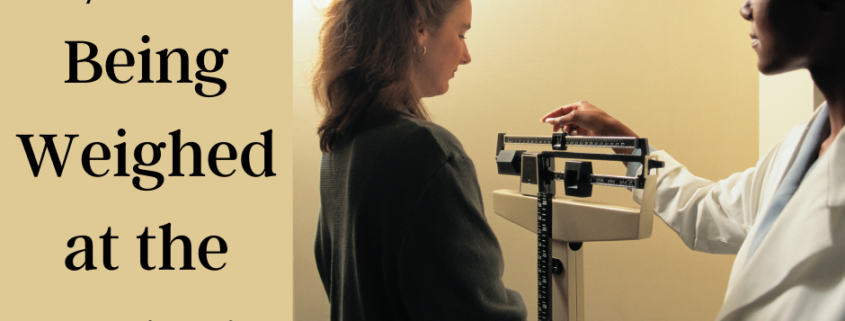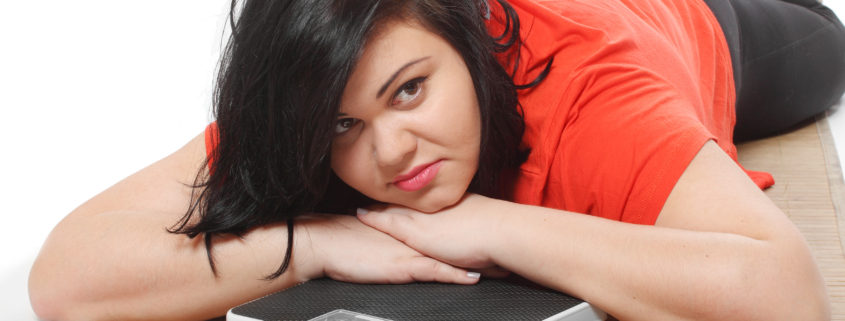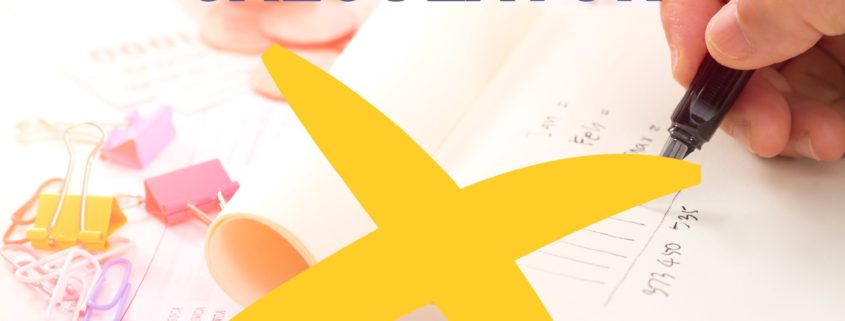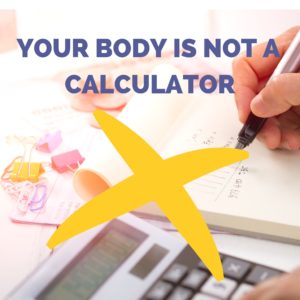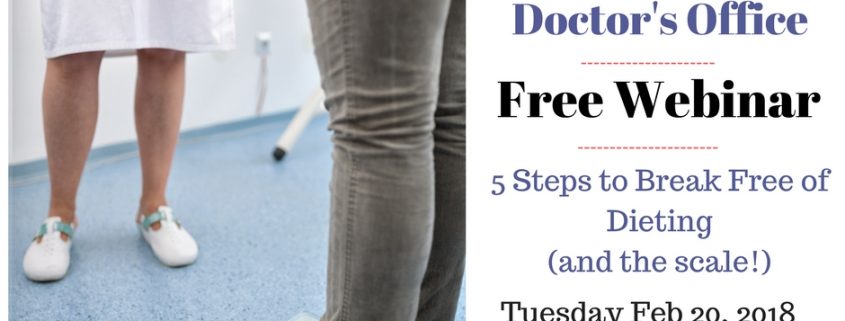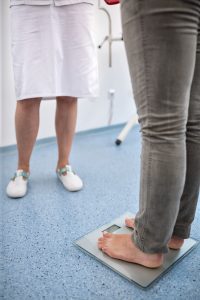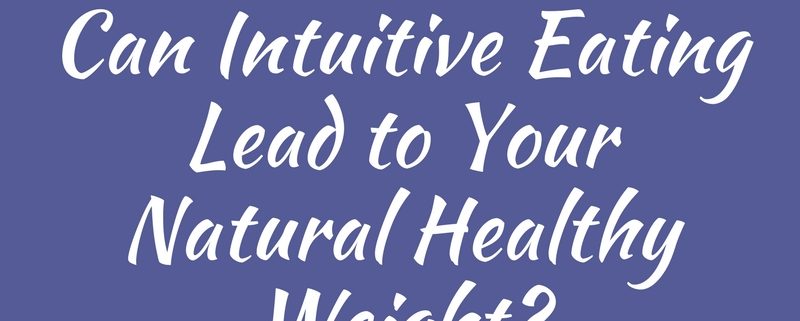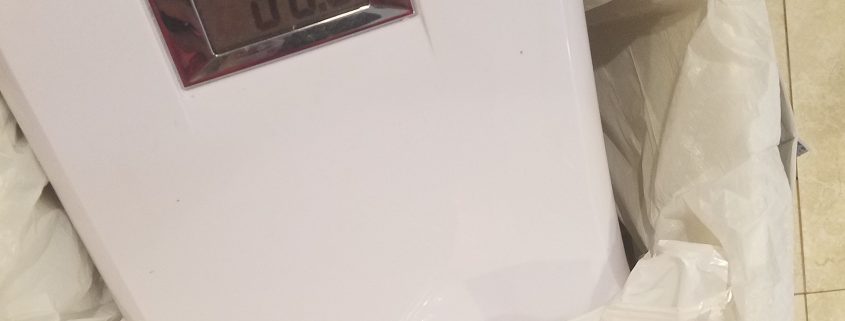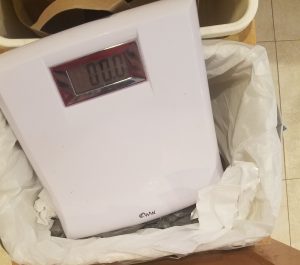How to Say NO to Being Weighed at the Doctor’s Office
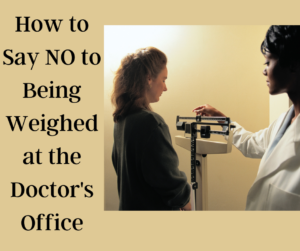 Body shaming comes in many different forms—some are more obvious than others. Here are a few examples:
Body shaming comes in many different forms—some are more obvious than others. Here are a few examples:
- A person commenting “you’re fat” on your Instagram, Facebook or other social media platform.
- Receiving comments, remarks, or concerns from worrisome friends about your weight, body size and eating habits who just want to “help you out”.
- Your doctor who makes comments about your weight because it’s “going to impact your health one day” if you don’t “take care of it”—even though you just came in for a sinus infection.
Now-a-days, body shaming in the healthcare space is all too common and can impact a person’s mental and physical health.
Impact on your mental health: You leave the doctor’s office feeling ashamed, disrespected, unheard, and stigmatized because of your weight.
Impact on your physical health: You are less likely to return to the doctor because of the shame and stigmatism you feel from the the doctor and nurse. And the less doctor’s visits you have, the poorer your health outcomes.
It’s Here to Stay
Although weight stigma and weight bias are not going away any time soon, did you know there is something you can do about it?
You can decline being weighed at the doctor’s office!
Being weighed at the doctor’s office is (typically) not a necessity, especially if you are going in for something very unrelated to your weight.
So yes! If being weighed at the doctor’s office makes you feel uncomfortable or triggers unwanted emotions, you can decline being weighed!
But—how do you handle it? Here are a few strategies to help you out:
1: Show assertiveness
Remember: you have the autonomy to direct your healthcare, you owe no one an explanation for what you choose to do with your body.
Although healthcare professionals may appear to be “authoritative figures”, they are people too and should respect and understand your wishes.
The doctor is there to service you, you are allowed to direct what kind of services you wish for them to provide you. And if being weighed is not a service you wish to have done, then you can say no!
Try saying something like this:
“I’m really not comfortable with being weighed today. I would like to just skip this part of the appointment. Thank you!”
2: Offer to have your “blind weight” taken.
There are times when the doctor may wish to know your weight in order to make proper treatment decisions (like prescribing a certain dosage of medication).
During times like this, having your weight taken may actually be medically necessary and unavoidable in order to continue with care.
Try saying something like this:
“If my weight is medically necessary, I’d prefer to not see the number on the scale and request the number not be communicated to me in any way. Thank you!”
3: Shift the conversation.
For those living in a larger body, you may find that many doctor’s make the whole conversation and focus of the appointment about your weight (even when it’s not necessary).
Try de-centralizing weight from the conversations you have with your doctor and other medical staff. Shift the conversation to overall health rather than weight.
Try saying something like this:
“I do not want to be weighed. I do not use my weight as a way to understand my health and wish to have the appointment focus on my health, independent from my weight.”
“I have found that focusing on my weight too much is actually hurtful to my health and I no longer wish to be weighted”
“Getting on the scale and having my weight read to me is very triggering for me. I am working on repairing my relationship with food and my body. Please honor that.”
It can seem nerve wracking at first to tell the nurse or doctor that you refuse to be weighed. And they may resist at first. But always remember that YOU ARE IN CHARGE!
Need support? Come on over to my free private Facebook group and be in community with other women who are healing from dieting.

